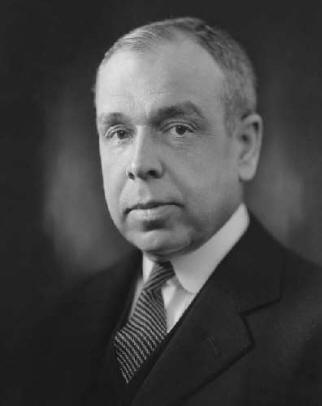With a plethora of Romney apologists in the internet, Mormonism couldn’t be happier. The distinctly American religion has found its way to the American audience. Mormonism continues to grow in America.CBN reports “that if present trends continue there could be 265 million members of the Church of Jesus Christ of Latter Day Saints (LDS) worldwide by 2080.” That is a staggering number!
Evangelicals find Mormonism largely non-threatening. After all, what is threatening about well-dressed young men handing tracts at your door on a Saturday morning? Make no mistake. Mormonism is a threat to the well-being of this country. It may even be a greater threat than Islam. I say that because the majority of Americans are vaccinated against Islamic talking points. Most Americans view Islam for what it is: a religion shaped by Sharia Law whose purposes are dominion-oriented. Further, Americans are– by and large–incapable of distinguishing between between different branches and schools of thought within Islam. In their mind, Islam is Islam. They blow up things, and that is the core of their philosophy. Sometimes ignorance can be good.
On the other hand, Americans are hardly able to differentiate between a cult and Orthodox Christianity. This is seen in religious polling, when pollsters include Jehovah’s Witnesses and Mormons and non-affirming Trinitarians under the “Christian” category.
Very few have considered the claims of Mormonism. Apart from the polygamy aspect–which is no longer practiced in mainstream Mormonism in the 21st century, evangelicals can offer no sound apologetic against it. Hank Hanegraaff summarizes the absurdity and confusion of the Book of Mormon:
How millions can take the Book of Mormon seriously is almost beyond comprehension. While Smith referred to it as “the most correct of any book on earth, and the keystone of our religion,” its flaws run the gamut from the serious to the silly. In the category of serious we find that Ether 3:14 (“Behold, I am Jesus Christ, I am the Father and the Son”) ismodalistic and militates against Trinitarian theology, while Alma 11:44 (“Christ the Son, and God the Father, and the Holy Spirit, which is one Eternal God”) is basically consistent with the biblical doctrine of the Trinity.
In the category of silly is the account in Alma 44 of a man who becomes irate after being scalped and stirs up his soldiers to fight “more powerfully.” And in Ether 15 we read of a man who struggles to catch his breath after having his head cut off. The Book of Mormon has now been altered over 4,000 times to compensate for Smith’s poor command of English, as well as for the numerous errors and inconsistencies it presented.
After having read several classic books on cults over the years, after listening to dozens of debates, after having taken two classes on cults in college, and after interacting extensively with the average American evangelical, I can say that Mormonism will only continue to rise.
What does this mean?
This means that with a Romney victory on November 6th evangelical pastors will need to do a lot more homework. They will need to instruct their flocks with greater precision, and perhaps Trinitarian theology will need to be more foundational than a systematic category. Trinitarianismwill need to be the source of life and worship; the very pattern of existence and human relationships.
With Obama at least we knew that liberal christianity is just that: liberal. At least we knew that he was going to always misuse the Sermon on the Mount. At least we knew that he was going to open his wings to religious diversity and ecumenicism. At least we knew that he was a fulfillment of Machen’s dire warnings about liberalism. At least we knew his social and moral agenda. But with Romney, what do we know? Will a moderate appoint other moderates to the Supreme Court? Will he appoint someone like Roberts who stabbed the conservative heart through legislative technicalities? Will he fill the White House with General Authorities of the Mormon Church?
And when that happens will evangelicals separate religion from policy? Do we truly believe evangelicals have been discipled under Kuyperianism long enough to discern right from wrong? Truth from error?Trinitarianism from Non?
The Mormon thing is actually an important thing to discuss. There is more at stake than the economy in this election. There is the future of the Church, her members, and the responsibility to present a God who is One and Three.

 Evangelicals overall do a fine job at defending the trivial but struggle to defend the hard things. Machen observed long ago in his monumental Christianity and Liberalism that “it appears that the things that are sometimes thought to be hardest to defend are also the things that are most worth defending (8).”
Evangelicals overall do a fine job at defending the trivial but struggle to defend the hard things. Machen observed long ago in his monumental Christianity and Liberalism that “it appears that the things that are sometimes thought to be hardest to defend are also the things that are most worth defending (8).”